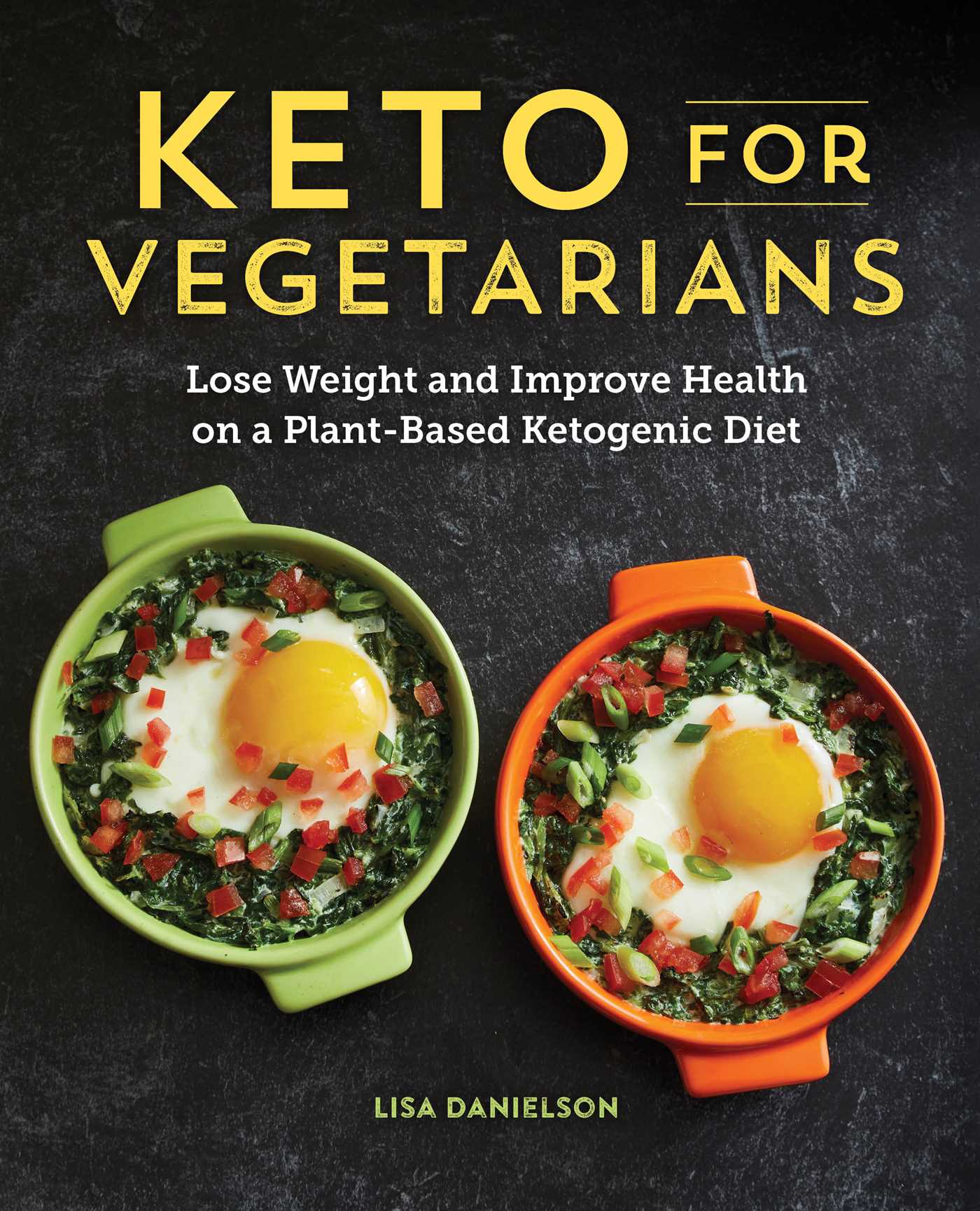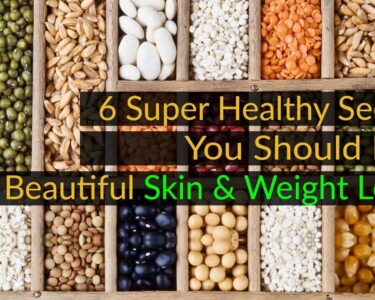Keto for Vegetarians: How to Maintain Ketosis without Meat
In the world of dietary lifestyles, the ketogenic (keto) diet has gained substantial popularity for its promising results in weight loss and improved energy levels. However, what if you’re a vegetarian? Can you still embrace the benefits of ketosis without incorporating meat into your diet? The answer is a resounding yes! This article delves into the realm of “Keto for Vegetarians,” uncovering effective strategies to achieve and maintain ketosis while adhering to a meat-free lifestyle.
Understanding the Ketogenic Diet for Vegetarians
The vegetarian ketogenic diet combines the principles of low-carb intake with plant-based nutrition. By focusing on healthy fats and plant proteins, individuals can induce a state of ketosis, wherein the body shifts from using glucose for energy to burning stored fat.
Essential Nutrient Sources for Vegetarian Ketosis
-
- Plant-Based Proteins: Tofu, tempeh, seitan, lentils, and legumes provide ample protein without resorting to meat consumption.
-
- Healthy Fats: Avocado, nuts, seeds, coconut oil, and olive oil are vital sources of healthy fats required for energy and satiety.
- Leafy Greens: Incorporate non-starchy vegetables like spinach, kale, and broccoli to maintain essential vitamins and minerals.
Balancing Macronutrients for Success
The key to a successful vegetarian keto diet lies in balancing macronutrient ratios. Aim for approximately 70-75% of daily calories from fats, 20-25% from proteins, and 5-10% from carbohydrates. Online calculators can assist in tailoring these ratios to individual needs.
Smart Substitutions for Meat
- Meat Alternatives: Replace meat with innovative alternatives like cauliflower rice, portobello mushrooms, or vegetable-based burgers.
- Dairy and Eggs: Incorporate eggs, cheese, and Greek yogurt for protein and healthy fats.
Meal Planning and Recipes for Vegetarian Ketosis
- Breakfast: Start your day with a scramble of tofu, spinach, and avocado for a protein-packed morning.
- Lunch: Savor a hearty salad with mixed greens, nuts, seeds, and a generous serving of protein-rich legumes.
- Dinner: Relish a zucchini noodle stir-fry with tofu or a cheesy cauliflower crust pizza topped with veggies.
- Snacks: Opt for almonds, cheese slices, or celery sticks with nut butter to curb cravings.
Staying Hydrated and Nourished
Adequate hydration is essential for any diet. Enhance your water intake by infusing it with slices of lemon, cucumber, or mint for added flavor.
Monitoring Ketosis and Adapting
Regularly monitor ketone levels using urine test strips or blood ketone meters. Adjust your diet as needed to maintain optimal ketosis for your goals.
read more about Exploring the Link Between Diet and Mental Well-being
The Power of Keto for Vegetarians

The vegetarian ketogenic diet combines the best of both worlds, allowing individuals to embrace the benefits of ketosis while adhering to their vegetarian principles. By emphasizing plant-based proteins, healthy fats, and nutrient-rich vegetables, it’s entirely possible to achieve weight loss, increased energy, and improved well-being.
Conclusion
“Keto for Vegetarians: How to Maintain Ketosis without Meat” empowers individuals to embark on a journey of health and vitality while staying true to their vegetarian lifestyle. The fusion of low-carb principles and plant-based nutrition opens the door to a world of culinary creativity and dietary success. As with any diet, it’s essential to consult with a healthcare professional before making significant changes to your eating habits. Unlock the potential of vegetarian keto and experience the transformative benefits it has to offer.
Frequently Asked Questions (FAQs)
1. Can I achieve ketosis as a vegetarian? Absolutely! By focusing on plant-based proteins, healthy fats, and low-carb vegetables, you can successfully achieve ketosis.
2. What are some common plant-based protein sources? Tofu, tempeh, lentils, chickpeas, and quinoa are excellent sources of plant-based protein.
3. Is it necessary to track macronutrient ratios? Tracking macronutrients is recommended to ensure you maintain the optimal balance of fats, proteins, and carbs for ketosis.
4. Can I have dairy products on a vegetarian keto diet? Yes, dairy products like cheese, yogurt, and butter can be included, as long as they fit within your daily macronutrient goals.
5. Are there any risks associated with a vegetarian keto diet? As with any diet, it’s important to consult a healthcare professional before making significant changes. Some individuals may experience nutrient deficiencies, so it’s essential to plan your diet carefully.









 Viesearch - The Human-curated Search Engine
Viesearch - The Human-curated Search Engine

1 Comment